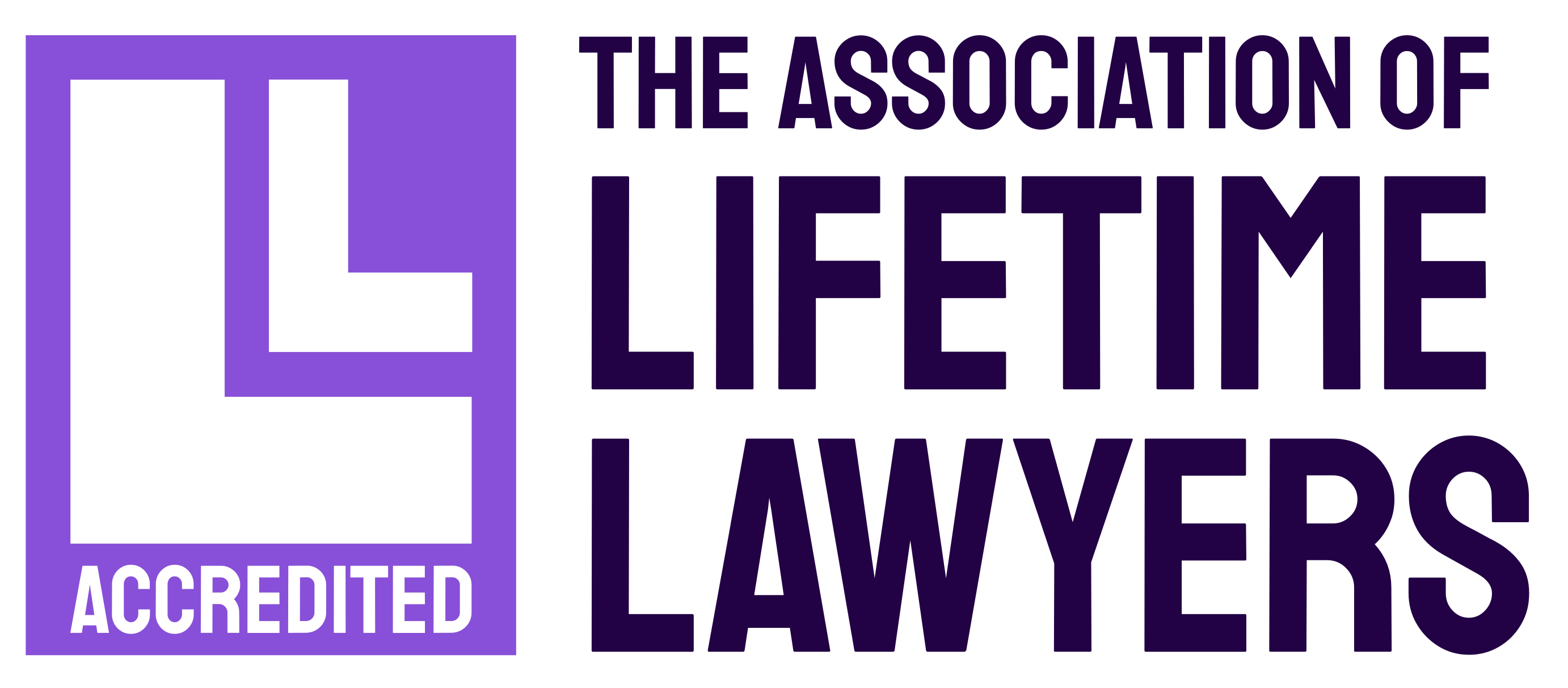News & insights
Not getting a survey can be a costly mistake
23rd August 2018

Buying a home is likely to be the most expensive purchase we ever make.
However, one in five buyers don’t choose to have a building survey on a property they are about to stake tens or hundreds of thousands of pounds upon.
Most buyers focus on the main expense of meeting the monthly mortgage payments and often overlook other necessary expenditure including mortgage fees and legal costs.
Home surveys are optional so it’s unsurprising they can be ignored by those on a tight budget.
Some choose instead to rely on a mortgage valuation report but this only satisfies the lender that the property is worth what the buyer is paying. It does not necessarily flag up any defects or structural problems.
It is important to gather as much information as possible to ensure a dream home doesn’t turn into a money pit nightmare. Think of it as an added insurance on one of life’s major investments.
Many buyers may only view a property once or twice before agreeing to take the plunge and, in the excitement, it’s easy to miss those tell-tale signs which may spell future misery.
There are several different options of survey to choose – although prices vary and are based on the size, value and location of the property involved.
A survey can prevent a new owner being saddled with huge extra expense, heartache and upheaval. The average cost of remedial work is estimated at more than £6,000 and in the case of a serious problem, such as dry rot, the bill could easily run into tens of thousands of pounds.
A survey which picks up significant issues can allow the prospective buyer to pull out of the deal altogether, renegotiate the price or insist the seller completes any necessary work at their own expense.
It is vital to have a survey for an older property, listed building or one which may have a history of being poorly maintained. It may also resolve some completely unfounded concerns.
It is recommended to have a survey undertaken by a member of the Royal Institute of Chartered Surveyors (RICS) and it is always an advantage to appoint a local surveyor with a detailed knowledge of the local housing market.
The most common problems picked by surveys can all prove very costly. They involve damp, subsidence, problems involving structural timberwork, old wiring, rotten window frames, problems with the roof and the all-pervasive Japanese Knotweed.
Opting for a survey provides peace of mind and can end up saving a substantial amount of money. At the very least they provide an idea of what, if any, work is required and how urgent it is.
Typically, the surveys options are:
- RICS Condition Report (Level One): The cheapest and most basic. It describes the property’s general condition and identifies urgent defects, possible risks and legal issues. It doesn’t include any detailed information, advice or valuation.
- RICS HomeBuyers Report (Level Two): The most popular survey and suitable for homes in a reasonable condition. It includes all the Condition Report features but includes advice on defects, necessary repairs and ongoing maintenance. There is also an option to include a valuation and insurance rebuild costs.
- RICS Building Survey (Level Three): The most comprehensive report and ideal for larger or older properties. It provides advice on repairs and costings and spells out the consequences of failing to carry out repairs.
- Home Condition Survey: Offered by the Residential Property Surveyors Association (RPSA). Similar to the RICS Building Survey, it does not include a valuation.
- New-Build Snagging Report: Identifies any issues with a new-build home which can then be rectified by the builder.
Written by Martin Williamson
Please note: This article is intended as guidance only. No responsibility for loss occasioned/costs arising as a result of any act/failure to act on the basis of this article can be accepted by Latimer Hinks. In addition, no responsibility for loss occasioned/costs arising as a result of any act/failure to act on the basis of this article can be accepted by the firm.




